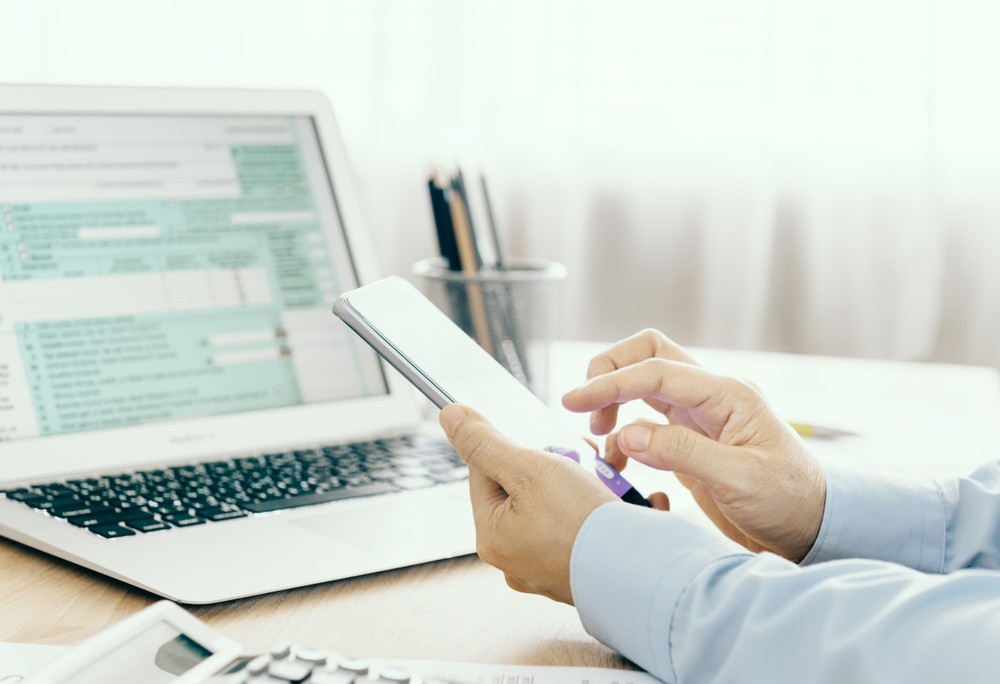News
Millions more to pay higher-rate tax

In the next four years the number of higher-rate taxpayers will rise 65%, from 4.1million to 6.8million, according to predictions from the Office for Budget Responsibility (OBR).
The rise is due to a freeze to tax thresholds and increasing inflation levels.
Thresholds have been frozen for everyone, and for higher-rate taxpayers paying 40% tax, the level has been held at £50,270 until April 2026. This was announced in the Spring 2021 budget by the Chancellor Rishi Sunak.
The personal allowance, the amount everyone is allowed to earn before paying tax, was also frozen until 2026.
These measures are expected to save the government £8.1billion by 2026.
At the same time inflation is soaring, to 7% for the 12 months to March, and is predicted to rise further.
Without these conditions, the number of people starting to pay the higher-rate of tax would have risen steadily, by 4.1million to 4.8million over the four years.
Tax changes for new higher-rate taxpayers
As so many more people will start paying the increased rate of tax, NFU Mutual has issued a warning on the traps and pitfalls to watch out for.
Higher-rate taxpayers, for example, are entitled to extra tax relief on pension contributions. Yet unless your employer deducts your pension contributions before you pay tax, you will need to claim the benefit via a self-assessment tax return.
The amount earned in tax-free interest will also reduce, by 50%.
Sean McCann, chartered financial planner at NFU Mutual, says: “Basic-rate taxpayers can receive up to £1,000 of tax-free interest on their bank and building society accounts.
“Once you become a higher rate taxpayer this reduces to £500 and disappears completely once you become a 45% taxpayer.”
You will also pay more tax on dividends. Everyone has an allowance of £2,000 for dividends before they start paying tax. For basic-rate taxpayers, the rate you pay after this is 8.75% while for higher-rate taxpayers it’s 33.75%.
If you receive child benefit and you or your partner’s income reaches £50,000, for every £100 you then earn, you’ll need to repay 1% of child benefit, through a tax return. .
There are benefits of paying more tax, and one is claiming it back on charity donations if you use the gift aid scheme.
McCann adds: “If you donate £100 to charity via gift aid, the charity can claim an additional £25 from HMRC.
“Once you begin paying 40% income tax you can claim up to an additional £25 for yourself via your tax return. This is an additional 20% tax relief on the total value of the gift including the gift aid amount.”